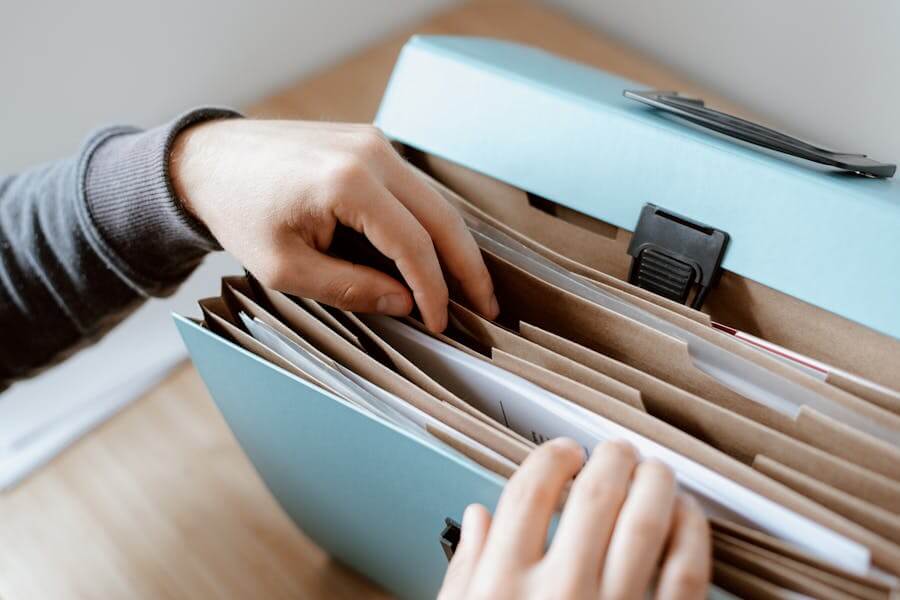We at B&J love sharing bookkeeping tips. New viruses, scammers, etc. arise every day. What is the average small business to do? Precautions can be taken in order to avoid spending hours getting “unhacked.” Below, we’ll share our 5 ways to stay safe on the web.
1. Know the Latest News
According to AV-TEST, 48 million new malware programs have been developed just for the first quarter of 2017. These programs target every platform including Windows, Mac OS, iOS, and Android devices. Development of ransomware was also up to 113,195, as well as other types of malware including password stealers, Trojans, adware, spyware and other forms of attacks. We’ll show you how to stay safe from these threats below.
2. Internet Privacy
Just about every site you visit can use cookies as stated by there Terms/Privacy Policy pages. These are used to track your behavior, often for remarketing purposes. There are a few ways around this:
1. Use the “Surf Incognito” function in Chrome by simply right clicking and opening an incognito tab.
2. Internet Explorer has a similar “InPrivate” function you can activate by pressing Control + Shift + P.
3. Likewise Safari, Firefox, and other browsers have similar options.
4. You may also use a tool like Privacy Badger that blocks invisible trackers and spy ads.
3. Tools to Make Internet Connection Secure
Connecting to the internet itself can be a security risk. One of the best ways to connect securely is to use a firewall. Many operating systems, including Windows, come with a built in firewall. However, they may not do the trick. You may want to try adding another such as ZoneAlarm, which was named the 2017 Best Free Firewall by Techradar.
You should also be careful as to how and when to connect to the internet. If doing so on your home network, make sure your WiFi access has a secure access for both normal and guest users. Some routers may even have a WiFi firewall built in that you can use. If connecting via a mobile network, turn your security features on.
4. How to be safe online
One of the most common ways a user is hacked is through their passwords. Everyone things “password” or “password1” is secure, but they are not. It is highly recommended to use highly secure passwords for your primary email, as well as your bank and credit card accounts. Use a password manager, like LastPass, to manage the rest.
5. Digital Freedom
Remember that just because something is free, doesn’t mean it’s good. Many of these so-called freewares can come with spyware and adware that will install directly into your computer. Be sure to research and scan everything before installing or clicking a suspicious link.
More on Houston Bookkeeping Security
If you live in Houston and need the security of bookkeeping to help keep your business running at peak efficiency, feel free to contact us for to learn more on how we can help.




